About the Department
The Department of Humanities and Sciences at Sree Venkateswara College of Engineering believes in a holistic
approach to the well-being of newly admitted students. An enthusiastic bunch of student-friendly faculty members
is the first port of contact for first-year students. A fantastic trustworthy bond between the students and staff is an
experience that could be cherished forever by both. The department offers basic-level programs in Mathematics,
Physics, Chemistry, and English to all the first-year B.Tech streams. The department is devoted to fostering the
fundamental principles and understanding of sciences that can enhance the human experience. The department since
the inception of the college is pledged to provide value-based education to budding engineers.
The Department comprises English, Mathematics, Physics, Chemistry and Management Studies. The Department
acts as a springboard and provides a dais for the students to realize the value of Science and Technology. It has well-
trained and experienced faculty members who guide and motivate the students to excel in their field of study. It
conducts Orientation Programme for the newly admitted students to have a bird’s eye view of the course and the
college. Also, the department runs zero semesters along with the regular curriculum according to JNTUA,
Anantapur.
The department has access to all streams of students irrespective of their specialization. It helps us to mould the
right attitude towards Mathematics, Physics, Chemistry, Managerial Economics and Financial analysis,
Management Science, Universal Human Values, Environmental Studies, Constitution of India and Multimedia
English Language that is fully equipped and plays an indispensable role in students’ careers. Besides, the
communication English Language Lab is efficiently utilized by the students to enrich their knowledge and enhance
their communication skills. It provides training to the students to improve their LSRW skills in English. The
subjects taught by the department are meant to sensitize students to the broader social, cultural, economic, ethical,
and human issues involved in social change.
Vision and Mission
Vision
To establish excellence in basic sciences such as Mathematics, Physics, Chemistry and
Management that provide foundation for engineering studies and also in communication skills that
helps students to express themselves effectively and to create proficient engineers, who can be
globally challenged in Engineering fundamentals – experimental, analytical, computational and
designing abilities.
Mission
M1: To create academic excellence in fundamental sciences, the Department of
Humanities and Sciences aims to encourage advanced teaching learning process.
M2: To enable the students with interpersonal skills by providing training at state-
of-the art language lab.
M3: To impart ethics and moral values for budding engineers in contribution
towards society.
Programme Education Objectives(PEOs)/PROGRAM OUTCOMES/Programme Specific Objectives(PSOs)
S.No | Branch | View |
1 | EEE | |
2 | ME | |
3 | ECE | |
4 | CSE | |
5 | CE |
Syllabus
R20:
S.No | Branch | View |
1 | CE | |
2 | EEE | |
3 | ME | |
4 | ECE | |
5 | CSE | |
6 | AI&DS | |
7 | CSE(AI&ML) |
R19:
S.No | Branch | View |
1 | CE | |
2 | EEE | |
3 | ME | |
4 | ECE | |
5 | CSE |
R15:
S.No | Branch | View |
1 | CE | |
2 | EEE | |
3 | ME | |
4 | ECE | |
5 | CSE |
Course Outcomes (COs):R15
S.No | Branch | View |
1 | EEE | |
2 | ME | |
3 | ECE | |
4 | CSE |
Department of Humanities & Sciences
List of Faculty Members
| CIVIL DEPARTMENT | ||
|---|---|---|
| S. No. | Name | Designation |
| 1. | Bathula Supraja | Assistant Professor |
| 2. | Syed Farhana Tabasum | Assistant Professor |
| CHEMISTRY DEPARTMENT | ||
|---|---|---|
| S. No. | Name | Designation |
| 1. | Dr. T. Seshagiri Babu | Professor |
| 2. | Dr. Sk. Akmal | Professor |
| 3. | Dr. P. P. George | Professor |
| 4. | Dr. Billu Supraja | Assistant Professor |
| 5. | A. Jagadeesh | Assistant Professor |
| 6. | Sk. Zareena | Assistant Professor |
| 7. | N. Ramanamma | Assistant Professor |
| 8. | K. Sireesha | Assistant Professor |
| 9. | B. Gowtham | Assistant Professor |
| 10. | D. Varalamma | Assistant Professor |
| ENGLISH DEPARTMENT | ||
|---|---|---|
| S. No. | Name | Designation |
| 1. | G. Geetha | Assistant Professor |
| 2. | Sayed Mousin | Assistant Professor |
| 3. | G. Haneetha | Assistant Professor |
| 4. | M. Srikanth | Assistant Professor |
| 5. | G. Gowthami | Assistant Professor |
| 6. | T. Samatha | Assistant Professor |
| MATHEMATICS DEPARTMENT | ||
|---|---|---|
| S. No. | Name | Designation |
| 1. | Dr. T. Suresh | Associate Professor |
| 2. | Dr. Ch. Chandra Sekhar | Assistant Professor |
| 3. | Dr. S. Sreedhar | Assistant Professor |
| 4. | Dr. M. Obulesu | Assistant Professor |
| 5. | R. Krishna Kumari | Assistant Professor |
| 6. | U. Sreelakshmi | Assistant Professor |
| 7. | M. Venkateswarlu | Assistant Professor |
| 8. | Sd. Farhana | Assistant Professor |
| 9. | B. Anuradha | Assistant Professor |
| 10. | M. Latha | Assistant Professor |
| 11. | B. Padma | Assistant Professor |
| 12. | D. Anil Kumar | Assistant Professor |
| 13. | A. Bulli | Assistant Professor |
| 14. | M. Lavanya | Assistant Professor |
| 15. | N. Swathi | Assistant Professor |
| 16. | B. Ramadevi | Assistant Professor |
| 17. | D. Siva Kumar | Assistant Professor |
| 18. | Ch. Hemalatha | Assistant Professor |
| 19. | T. Uma Maheswari | Assistant Professor |
| 20. | P. Priya | Assistant Professor |
| 21. | K. Neeraja | Assistant Professor |
| PHYSICS DEPARTMENT | ||
|---|---|---|
| S. No. | Name | Designation |
| 1. | Dr. T. Subrahmanyam | Assistant Professor |
| 2. | D. Venkata Rao | Assistant Professor |
| 3. | B. Anusha | Assistant Professor |
| 4. | M. Pallavi | Assistant Professor |
| 5. | P. Venkata Ramanaiah | Assistant Professor |
| 6. | R. Rajathi Subbulakshmi | Assistant Professor |
| 7. | K. Prasad | Assistant Professor |
English Communication Lab
English as a skill has been identified as the hallmark of personal and professional success and
this realization has brought its teaching through our Communication Skills in English
Laboratory.
The Language Lab is an audio visual installation used as an aid in English language teaching
with social focus on communication competence and development of soft skills. It is teacher
controlled system connected to a number of student consoles, each having a headset with
microphone.
A Curriculum catering to all language skills, Listening, Speaking, Reading, and Writing
(LSRW). English Language Laboratory facilitates meeting the necessary parameters with
systems and software installed. Academics have always been seen as the gateway to good
career opportunities and professional growth.
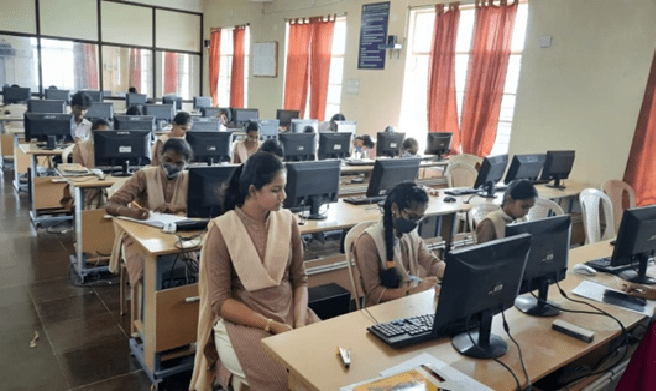

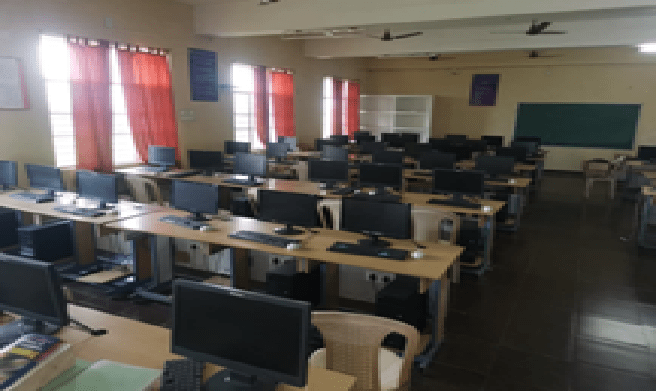
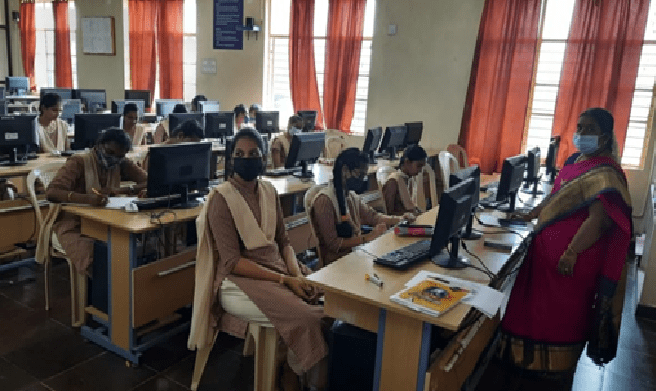
Physics Lab
Engineering Physics/Applied physics Lab aims to impart the technical skill for the students to handle precision tools and electronic gadgets. This enables the students to understand the scientific problems and physical concepts. In order to develop the best skills in handling Instruments/Equipment and taking readings in the practical classes, every student should be provided with a separate experimental setup for doing experiments in the laboratory.
Engineering physics/Applied physics practical classes provide students who have completed
their 10+2 standard education, with the fundamental concepts of engineering oriented physics-related topics.
As future engineers, the students are expected to learn and apply the concepts of Physics in the field of Engineering.
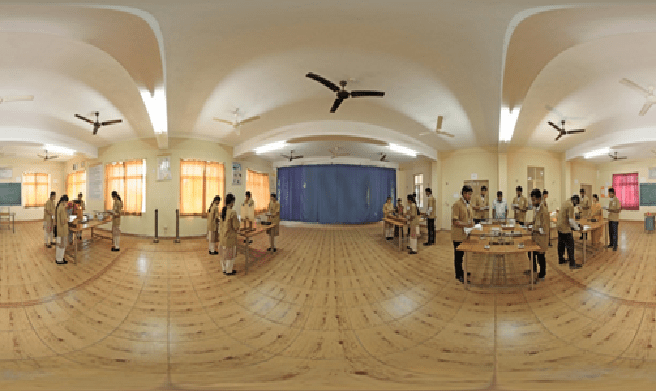
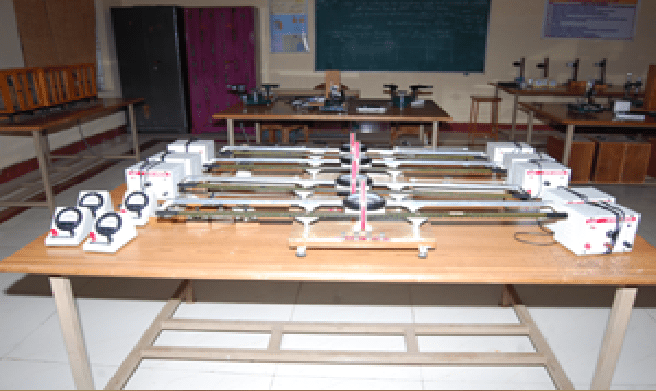
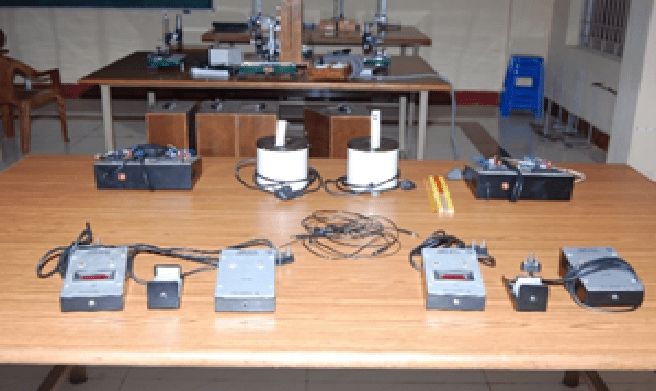
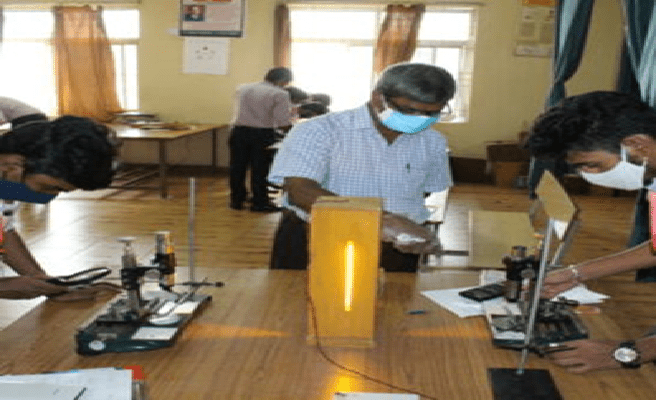
Chemistry Lab
Chemistry/ Engineering Chemistry Lab focuses on empowering the students to understand the
scientific and environmental problems and various concepts in Engineering Chemistry. The
laboratory boosts the research attitude of the students and helps them in their project works. As
future engineers, the students are expected to learn and apply the concepts of Chemistry in the
field of Engineering.
Our chemistry lab is well equipped with good lighting, ventilation, water facility, and heating
facility. We impart both intellectual skills to our student which is very essential to work in the
industry. In our chemistry laboratory, the student is taught both quantitative (Volumetric) and
qualitative (Salt) analysis.
The knowledge of Chemistry/ Engineering Chemistry is quite essential in the development of the
industry. The modern development of industries requires more understanding of materials.
Engineering chemistry explains various aspects of the environment, fuels, metals, alloys, and
polymers.
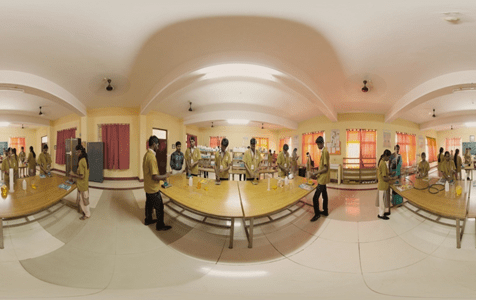
Faculty Participation
FDP’S:
S.No | Academic Year | View |
1 | 2020-21 | |
2 | 2019-20 | |
3 | 2018-19 | |
4 | 2016-17 |
Workshops:
S.No | Academic Year | View |
1 | 2022-23 | |
2 | 2020-21 | |
3 | 2019-20 | |
4 | 2018-19 | |
5 | 2017-18 | |
6 | 2016-17 |
Conferences:
S.No | Academic Year | View |
1 | 2021-22 | |
2 | 2020-21 | |
3 | 2019-20 | |
4 | 2018-19 | |
5 | 2017-18 | |
6 | 2016-17 | |
7 | 2015-16 |
Faculty Achievements
Faculty Achievements | View |
Publications:
S.No | Academic Year | View |
1 | 2020-21 | |
2 | 2019-20 | |
3 | 2018-19 | |
4 | 2017-18 | |
5 | 2015-16 |
Patents:
S.No | Academic Year | View |
1 | 2022-23 |
Books/Book Chapter Publications:
S.No | Academic Year | View |
1 | 2021-22 |
NPTEL:
NPTEL Certifications |
Orientation Program
A student Orientation program plays an important role in a
student’s transition to undergraduate life.
Orientation
programs are aimed at familiarizing the students with unknown campus environments, faculties, and
infrastructure. It
enables them to make the essential connection with studies and develop a network among other
peers. “Where will be my class room, What will be my majors, what is the course structure.” Umpteen numbers of
questions loom in the minds of students when they start their college life.
Orientation Programme Meaning
At the beginning of the first year, students need to be made acquainted with
their surroundings on the
campus. This includes introductory sessions, giving them an overview of under-graduation life, the rules, and
regulations mandated for each student in a particular college. It is an essential period at the beginning of the
college
session, allowing the students to settle in their new environment.
The teacher coordinator of every stream sets a model of an introductory orientation program that includes
academic
as well as social activities.
The three basic goals of any university/college when organizing an orientation are:
- Introducing students to their college life.
- Incorporating them into the College environment..
- Allowing the College members and faculties to get connected to the new batch.
Introducing Students to a college life
This is the most essential aspect of an orientation program in any College, irrespective of the nature of
the course. Students need to be made aware of the social environment of their college. This social factor
most definitely includes the extracurricular activities, social clubs, events, workshops, and other special
training
programs available in the college course (0 Semester). This encourages them and helps them in getting socially
integrated with the college culture. In the early few weeks (0 Semester) of the college itself, a student should
be
able to discover his interest in any of the college activities other than the mainstream course. Social
involvement
will make sure that students don’t lose interest in college life and hence are regular with their attendance.
Introductory sessions most importantly aim at giving an overview of the academic course, pursued by the
students.
By giving a rough idea of academic expectations, students are prepared for the challenges they might face during
their under-graduationprograms.
Often in the orientation programs, eminent lecturers and experts in various
fields are introduced to the new
students, to mentally prepare them for awaited professional life they have set out to achieve.Orientation
programsat
the college also give opportunities to students where they can self-evaluate their aptitude level, by
participating
in
discussion sessions. Attending Orientation enables students to make important connections with the collegiate
environment, academic studies, peers, and network with the campus community.
Orientation programs serve as a foundation for college success. It sets a lasting impression on new students and
their families. The main purpose of a good orientation session in a college is to bridge the gap between the
faculty
and the students, ensuring smooth communication between the two. A good orientation program should be designed
in a manner that can answer all the queries of the students before they are asked. A structured orientation
model
can
aid all the participants including students, faculty members, administration, parents, and current students.
Orientation marks a successful beginning of a college session as it assures the new students that they made a
good
decision in their college choice. It also helps students prepare for a successful career with a clear vision of
what
lies
ahead and what can be achieved at the end of their courses.
Student Orientation is a warm-up session for students before they are ready to hit the ground for their final
performance, for a successful career
Students Participations
S.No | Name | View |
1 | Mathematics Day | |
2 | Science Expo | |
3 | Cultural | |
4 | Sports | |
STUDENT ACHIEVEMENTS
S.No | Academic Year | View |
1 | 2021-22 | |
2 | 2020-21 | |
3 | 2019-20 |
Industrial Visit
S.No | Academic Year | View |
1 | 2022-23 | |
2 | 2021-22 | |
3 | 2019-20 |
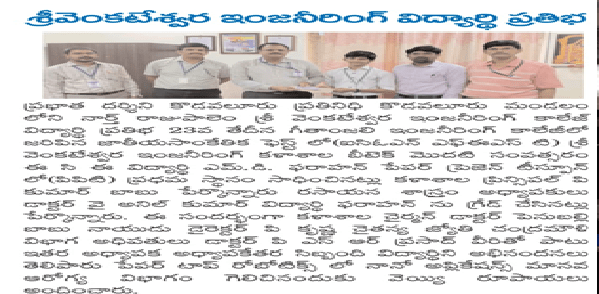
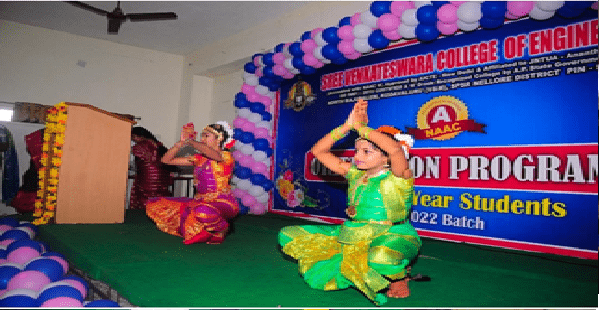
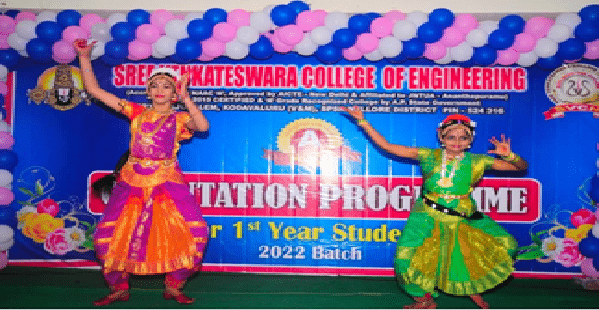
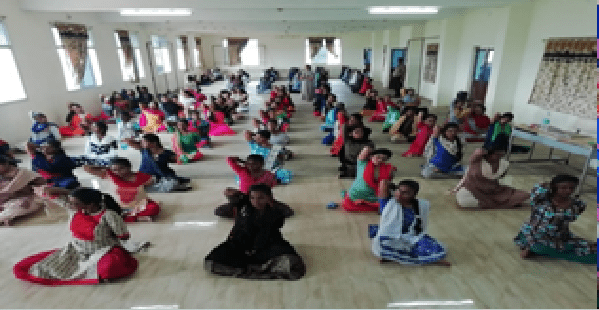
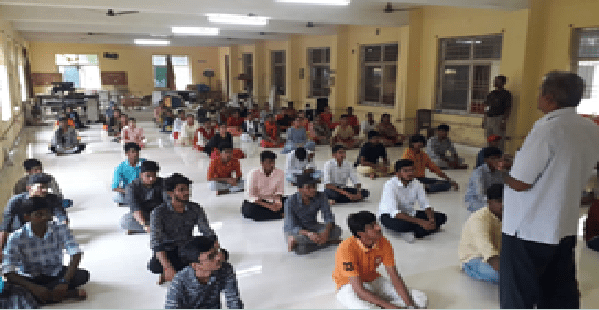
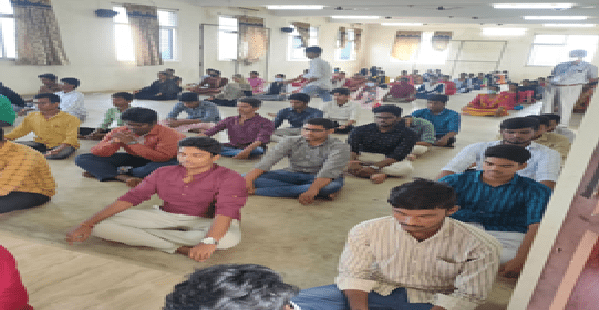
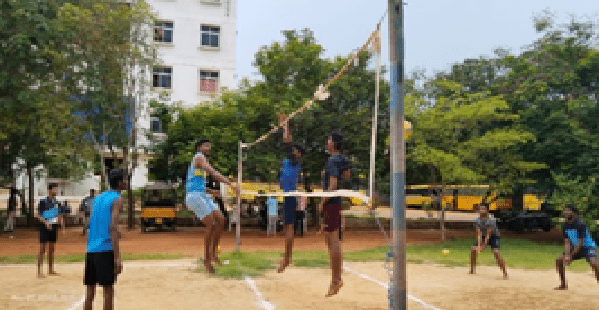
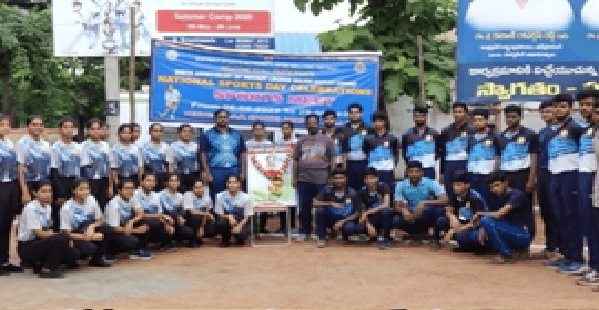
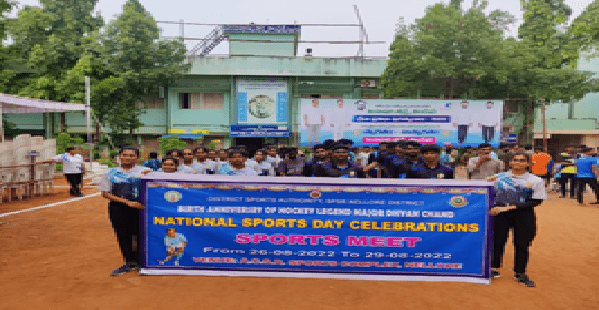
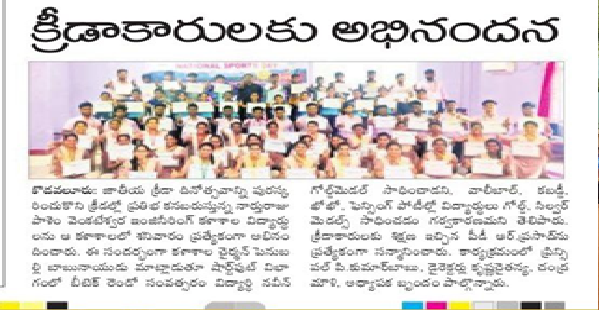
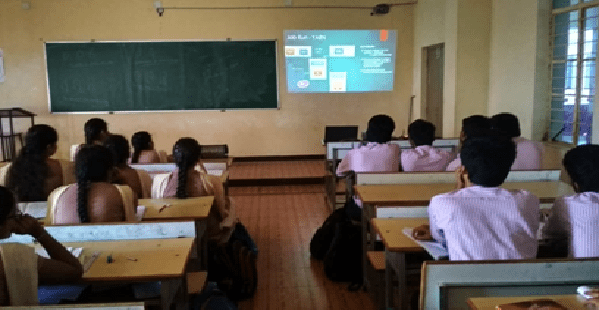
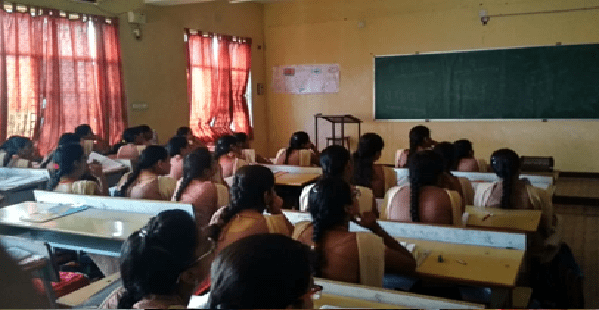
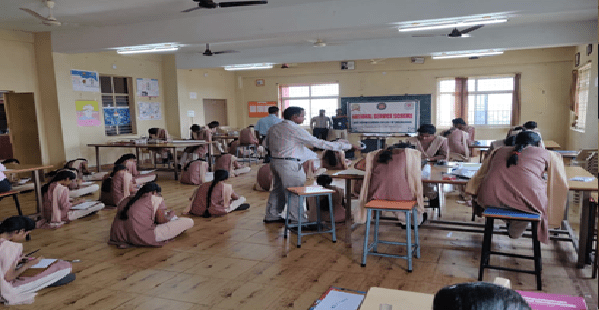
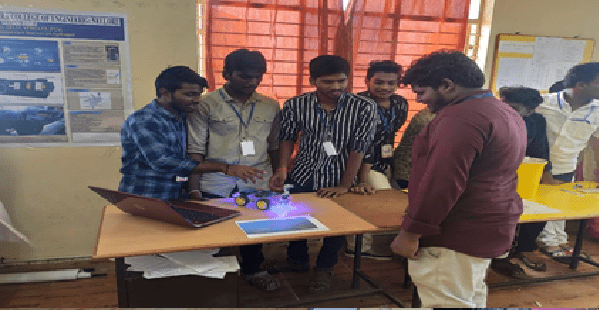
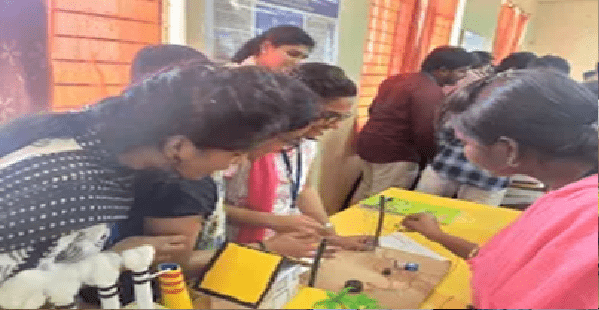
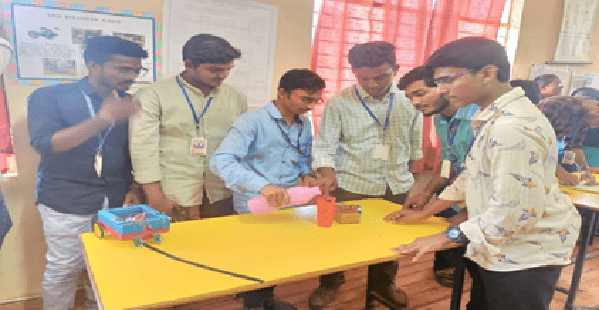
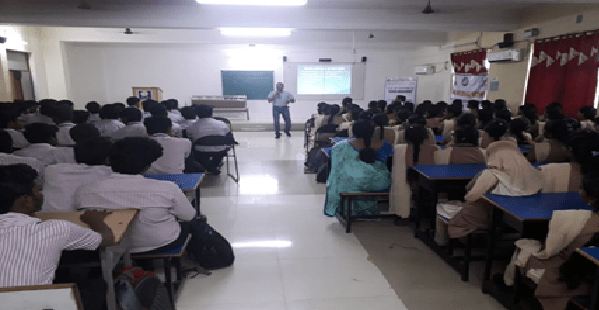
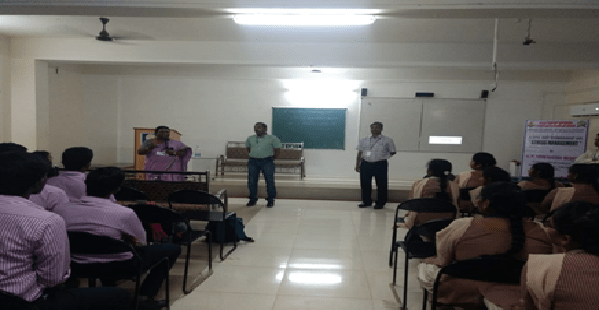
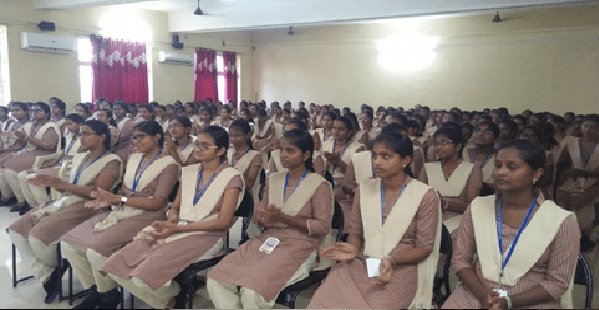
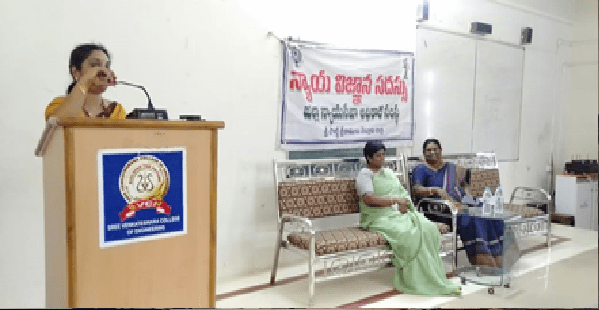
[elementor-template id=”11923″]
